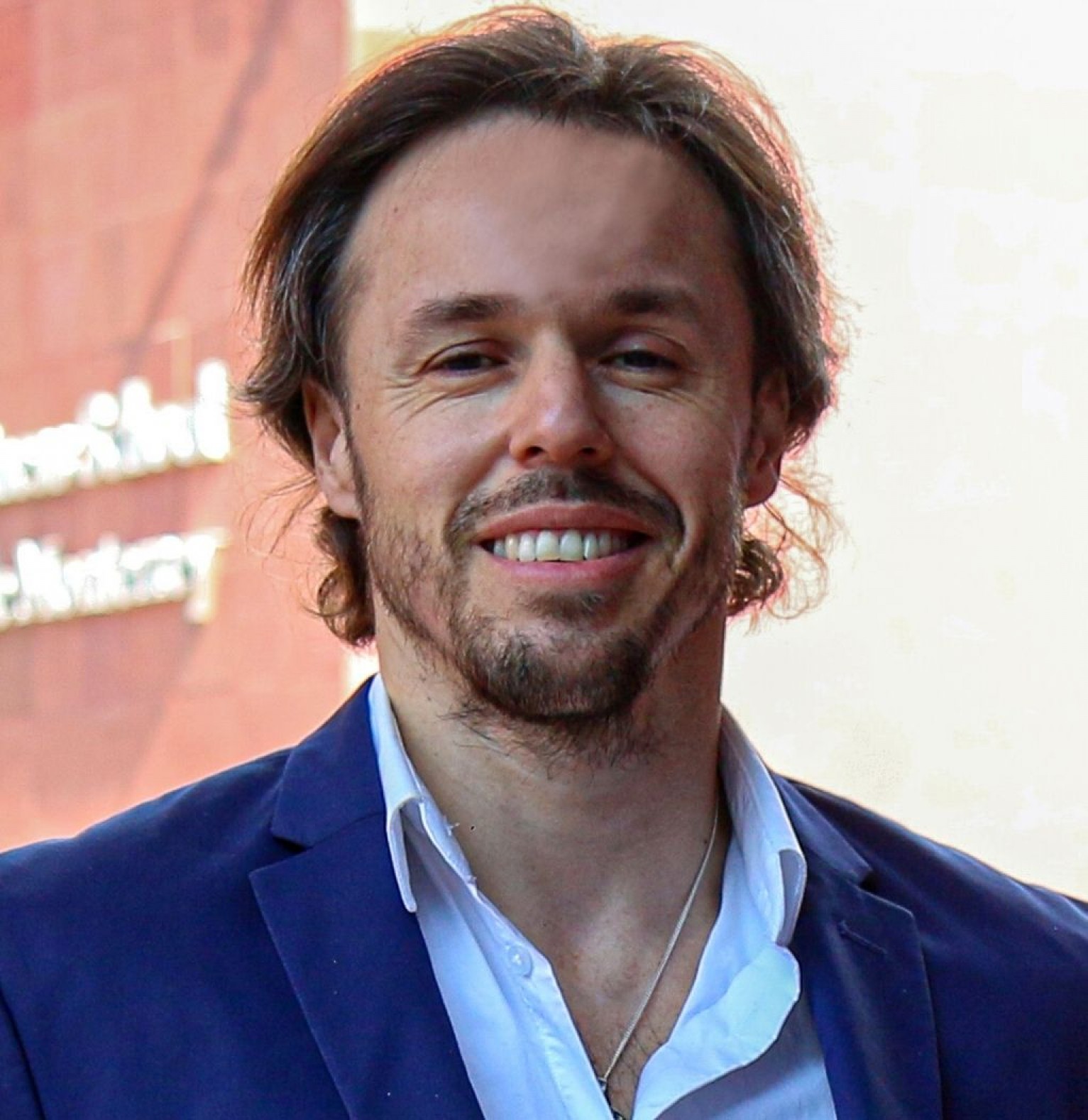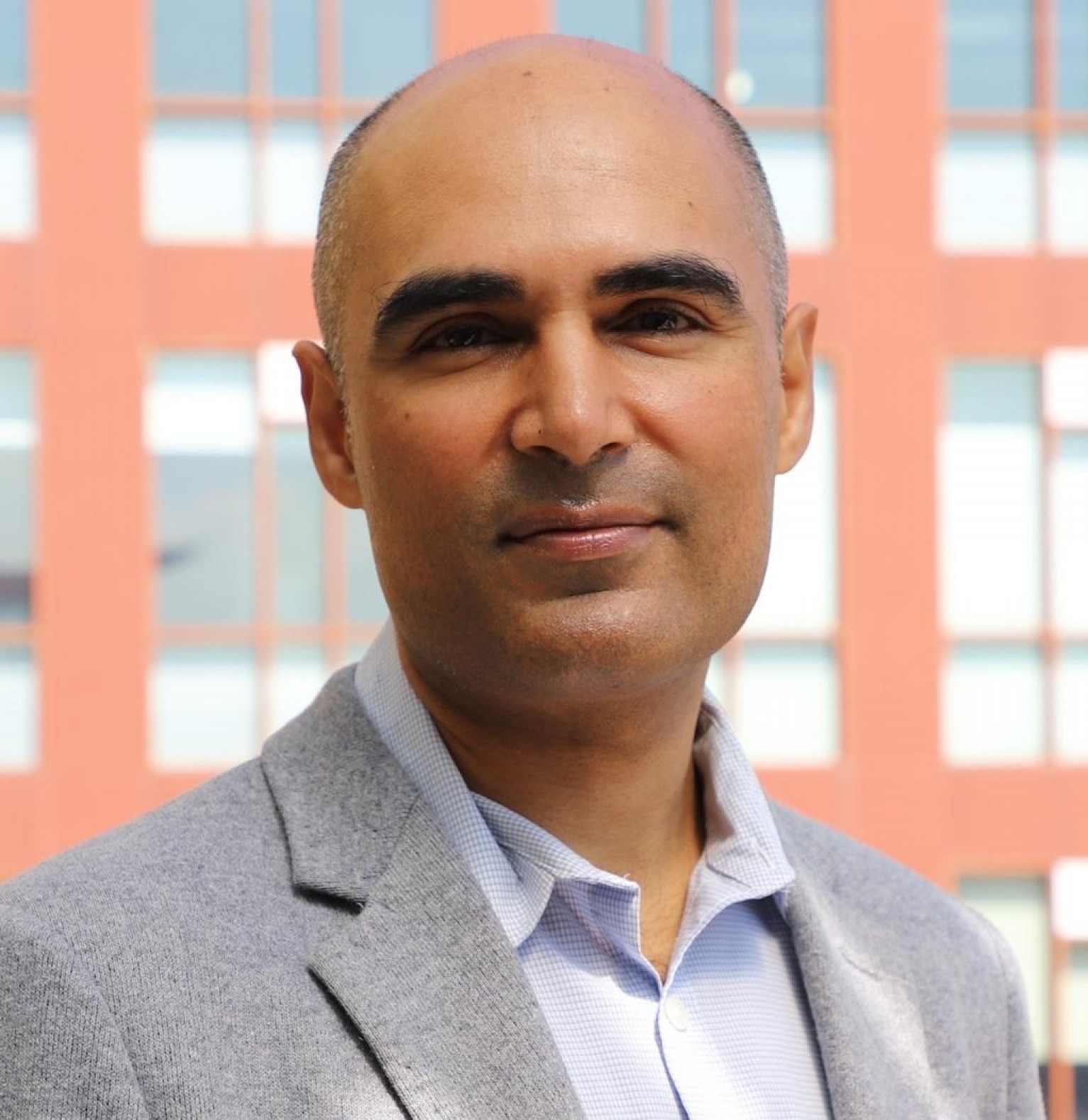Since colonial times, Indigenous peoples in Latin America have faced the extractivism of natural resources from their territories by foreign powers. The unequal power relations between colonial countries and these communities deepened their marginalization and political invisibility within the new nation-states. In today’s capitalist societies, many multinational corporations have benefited from this historical exclusion to impose resource exploitation over Indigenous worldviews, generating tensions and conflict with local communities.
A recent example is the growing resistance of Indigenous communities to mining companies operating in the so-called “Lithium Triangle” (Argentina, Chile, Bolivia). Experts estimate that this South American region holds 70% of the world’s lithium reserves—an essential mineral for producing electric batteries and thus key to the energy transition. Foreign companies from Europe, the United States, China, and Russia, among others, compete for concessions to extract this “white gold” from ancestral Indigenous territories—generating revenue for national governments, but leaving an environmental toll behind.
Decolonial scholars have called attention to the systematic exclusion of Indigenous peoples from global markets, where they are often viewed by multinational companies (MNC) as marginal players. While many of these companies implement corporate social responsibility (CSR) programs, such initiatives often impose their own interpretations of market relationships on the community. But can market relationships truly benefit both Indigenous actors and companies?
We explore this question in the article “Indigenizing Brokerage: How Western Brokers Bridge Environment and Nature Worldviews in Global Market Relations” (Journal of Management Studies, 2025), co-authored with Urs Jäger and Silke Bucher (INCAE Business School). Our study examines Indigenous worldviews as a basis for understanding interactions between Indigenous and Western actors.
The Name of the Game: Nature vs. Environment
In Western perspectives, nature is typically seen as a repository of exploitable resources, where production and control take precedence over preservation. In contrast, Indigenous worldviews tend to align economic activities with the rhythms and rules of nature, limiting production to maintain ecological balance.
While companies and governments tend to speak of the “environment,” many Indigenous communities refer simply to “nature.” The difference is not merely linguistic. In Western views, the environment is something external to be managed using data, science, and efficiency. In Indigenous views, nature is relational and spiritual: humans and nature are deeply intertwined and mutually responsible for each other’s care.
From this perspective, Indigenous peoples see themselves as guardians. Economic and market activity is only acceptable if it does not disrupt the natural balance. Knowledge is experiential and grounded in the land. By contrast, Western models prioritize productivity, standardization, and speed—assuming that knowledge is universal and transferable anywhere.
The Challenge of Decolonizing Markets
Due to the dominance of Western companies and the colonial structures that persist, the “environment” view tends to overshadow the “nature” view, resulting in market relationships that disproportionately benefit multinational corporations.
In this context, global markets are far from being neutral or inclusive. Despite the language of CSR or sustainable development, large corporations continue to undermine Indigenous sovereignty by imposing their own rules. This plays out in three main forms of domination: occupying ancestral territories, reshaping Indigenous knowledge systems, and interpreting local histories and what market relationships mean through Western economic frameworks.
Over time, explicit colonial practices such as land dispossession or forced labor have morphed into subtler forms of exploitation, including psychological pressure, symbolic co-optation, and aid projects based on paternalistic assumptions.
Can We Build More Equitable Relationships?
One of the biggest challenges in business relationships between companies and Indigenous communities is navigating the profound differences in their worldviews. Some decolonial scholars suggest that this imbalance can be addressed through intercultural understanding. This more optimistic perspective aligns with research showing that mutually beneficial relationships between multinational companies and Indigenous peoples are indeed possible.
Such studies document how Indigenous communities can exercise autonomy by engaging in global trade on their own terms—participating in ways that honor their worldview and promote greater equity.
To better understand how such relationships can be fostered, we analyzed the role of a Western intermediary firm that aimed to bridge the gap between a multinational’s “environmental” worldview and the “nature”-based worldview of its Indigenous suppliers—while navigating power asymmetries within a global supply chain.
A More Indigenous Approach to CSR
Specifically, we conducted a case study of a CSR project led by the multinational company Trona (a pseudonym), which sources organic bananas from Bribri Indigenous farmers in rural Costa Rica. A Western consulting firm called FUNDES (which specializes in helping SMEs efficiently connect to global value chains typically led by multinationals) acted as a cultural broker to build mutually beneficial market relationships between Trona and the Bribri communities.
Mutual benefit in such brokerage work means achieving satisfaction for all parties involved. This can include economic value, but also emotional and relational value. But how can Western brokers bridge such fundamentally different worldviews in global markets?
Following a perceived crisis in the project, we developed the concept of “indigenized brokerage” to explain how these worldviews can be mediated in respectful and constructive ways. In this process, intermediary agents—whether or not they share the culture of the actors involved—facilitated interactions across cultural boundaries, forging connections between distinct social worlds.
A Model for Indigenized Brokerage
The project in Costa Rica aimed to improve organic banana production through technical training, certification, and community workshops. But from the start, the clash of worldviews was profound. For Trona, the banana was an agricultural commodity that needed to meet international standards. For the Bribri, it was sacred—an extension of their god Sibu, part of a spiritual balance that must not be disrupted.
While the company focused on productivity and poverty using Western indicators, the Bribri did not view themselves as poor. They saw themselves as living with dignity, in harmony with nature. FUNDES approach—classroom training, PowerPoint slides, printed materials—did not make sense to a community that learns by doing, collectively and orally, in the field. What Trona saw as “social impact,” the Bribri experienced as disrespect.
After months of low participation and growing frustration, the project reached a breaking point. FUNDES decided to completely shift its approach. A new team, more culturally attuned to the Bribri, committed to working directly in the territory—to listen, observe, and co-create without imposing.
This new model of brokerage gave systematic priority to the Indigenous worldview of nature over the Western environmental perspective, avoiding the imposition of external logic in Indigenous contexts through three key dimensions:
-
Adapting actions: Moving away from formal instruction toward hands-on accompaniment in the field, respecting local rhythms, timing, and working methods.
-
Syncretizing knowledge: Instead of enforcing universal agricultural techniques, combining knowledges and allowing solutions to emerge from shared practice and dialogue.
-
Juxtaposing meanings: Accepting that terms like “organic” or “productivity” may hold different meanings for each party, without requiring a single interpretation.
This shift helped rebuild trust, allowed the project to move forward more collaboratively, and generated valuable lessons for all involved. It showed that building fairer market relationships is possible—but only if the deep differences between worldviews are acknowledged and respected.
The key is not to teach or persuade, but to mediate with humility, presence, and openness. Adapting actions, co-creating knowledge, and embracing multiple meanings can transform not only projects, but also the people and organizations behind them.
It’s not about “including” Indigenous peoples in global markets under the same old rules—it’s about rethinking the rules themselves, through dialogue and reciprocity. Only then can truly new forms of economy emerge.


